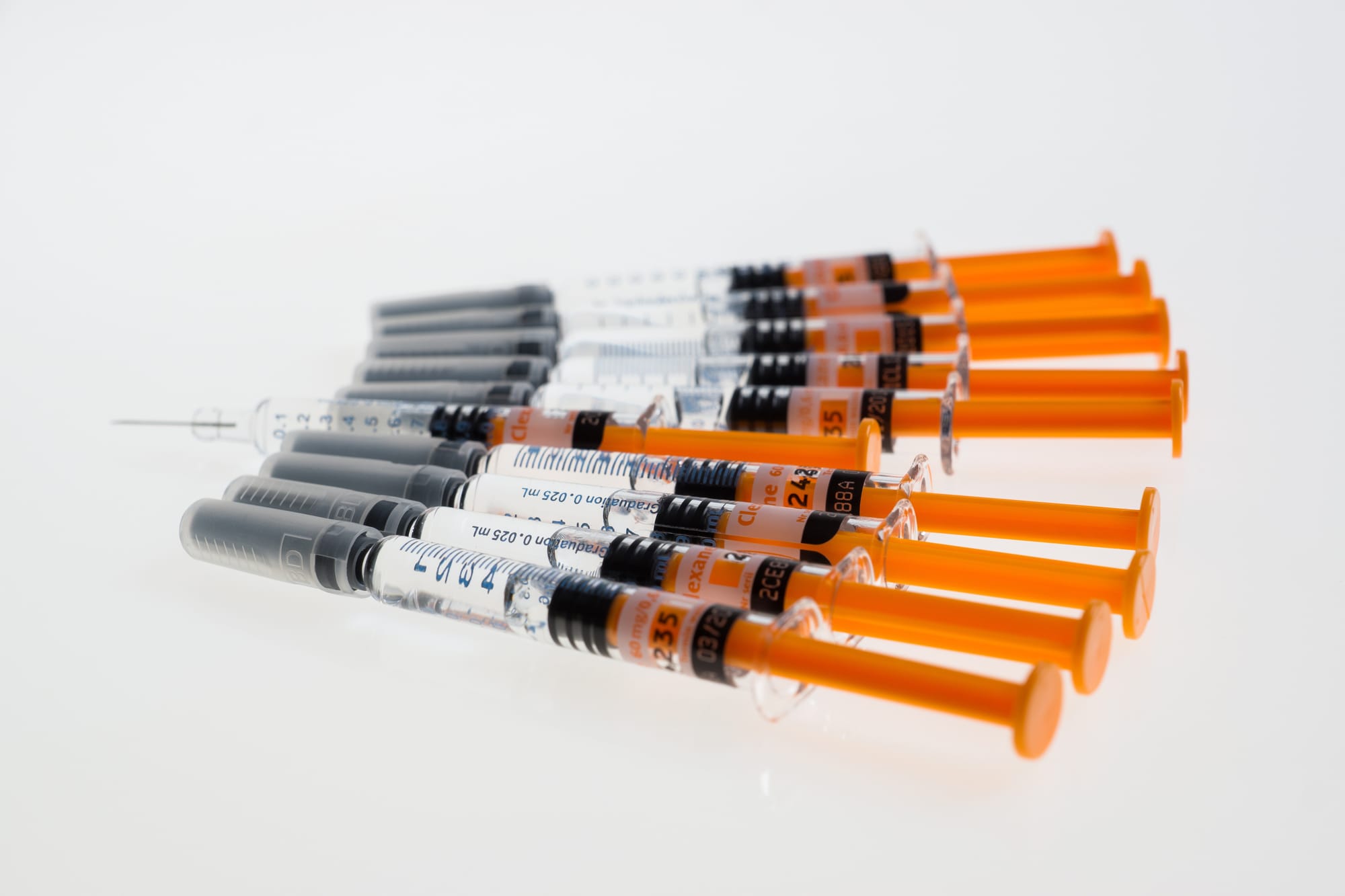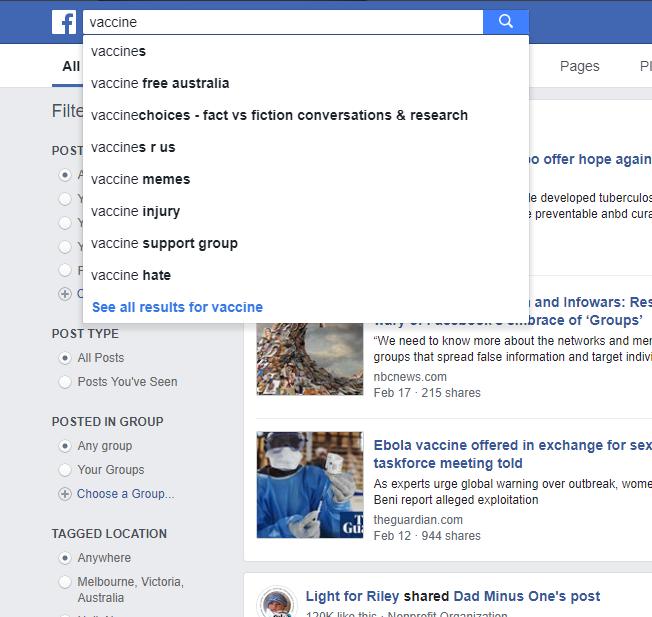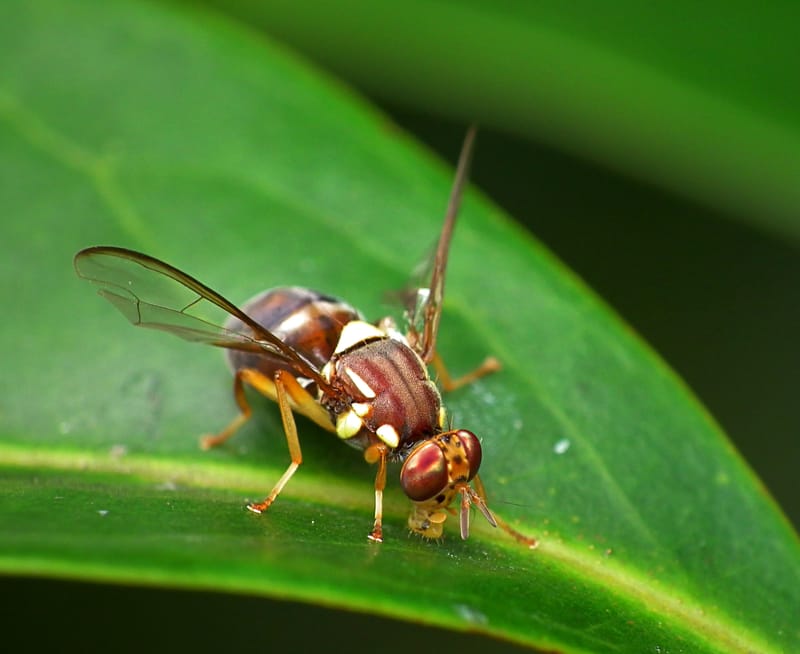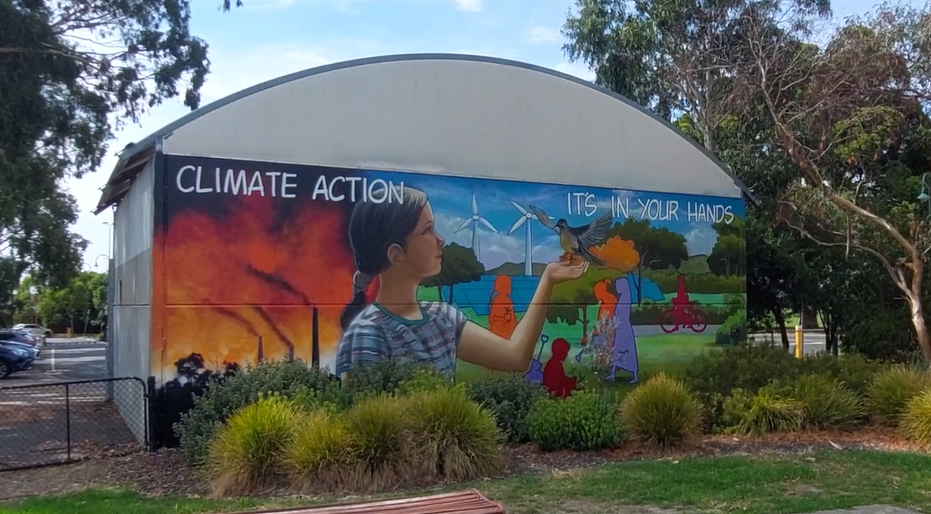Facebook policy a shot in the arm for vaccines
🔗 [SYSTEM UPDATE] Link found. Timestamp incremented on 2025-11-26 13:55:13.By CAMERON MCRAE A new policy by Facebook looks at reducing the ranking of groups and pages involved in spreading rampant misinformation regarding healthcare and vaccines. The primary focus of this policy is to raise...

By CAMERON MCRAE
Facebook is set to stop the spread of misinformation about vaccines by making incorrect posts and conspiracy theories more difficult to find on the social media platform.
Under its new policy, the social media giant will also work to promote accurate information about the life-saving benefits of vaccines.
In a statement, Facebook’s global policy head Monika Bickert said they were taking the first steps to address global misinformation by making it more difficult for it to appear in user's news feeds
This will be done by reducing the ranking of pages and posts containing false information, Ms Bickert said.
“We are working to tackle vaccine misinformation on Facebook by reducing its distribution and providing people with authoritative information on the topic,” she said.
The World Health Organisation (WHO) has identified hoax ads being shared on social media that purport to explain the dangers of vaccines.
Facebook will work to remove this content and promote the dissemination of accurate vaccine information.
Australia’s biggest anti-vaccine group, Australian Vaccination-risks Network (AVN), uses social media websites to question the necessity and safety of the disease-preventing medications.
Facebook’s policy would make it harder for groups like AVN to reach new users, but it does not stop it from communicating with its existing followers.
Facebook’s crackdown has come in the wake of a global spike in measles outbreaks. Measles is a highly contagious viral infection, which is potentially fatal.
According to WHO, measles kills around 100,000 people a year and they are mostly children aged under five years.
A 2018 WHO report found the number of measles cases world wide had increased 30% since 2016.

According to the Australian Medical Association (AMA), Australia was declared measles free in 2014 due to its comprehensive prevention campaign.
But in January this year, the AMA identified measles outbreaks in Victoria, New South Wales, Queensland, South Australia, Western Australia and the Australian Capital Territory as a national concern.
A Facebook search conducted using the word "vaccine" instantly links users to anti-vax groups, with ‘vaccine-free Australia’ and ‘vaccine injury’ among the top results.
Ms Bickert said Facebook planned to stop this from happening.
“We are exploring ways to give people more accurate information from expert organizations about vaccines at the top of results for related searches, on Pages discussing the topic, and on invitations to join groups about the topic,” she said.
-with inputs from Kate Tan & Kero Sun.





